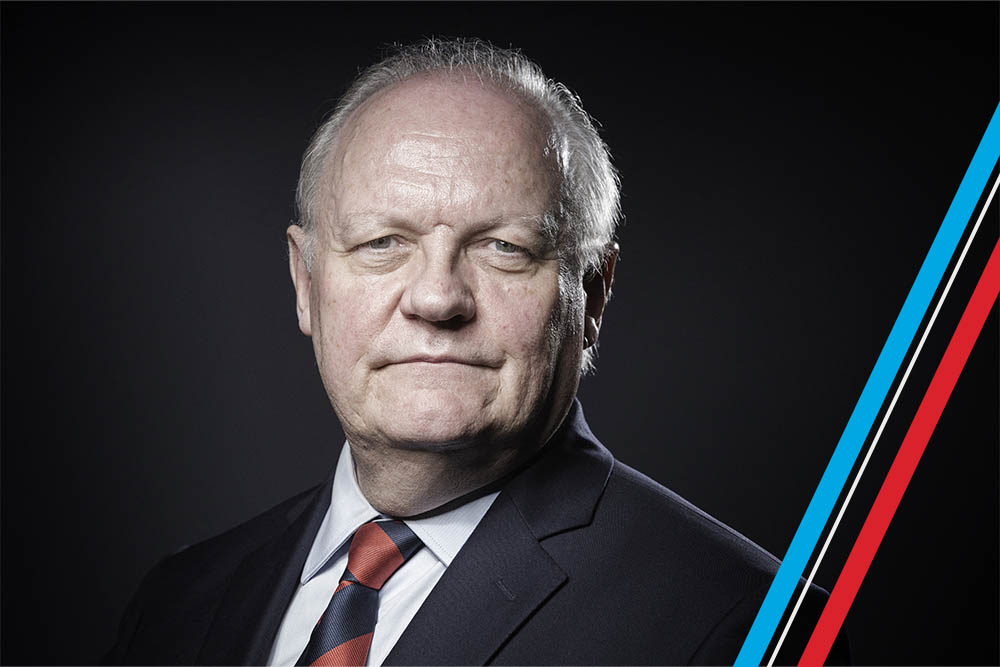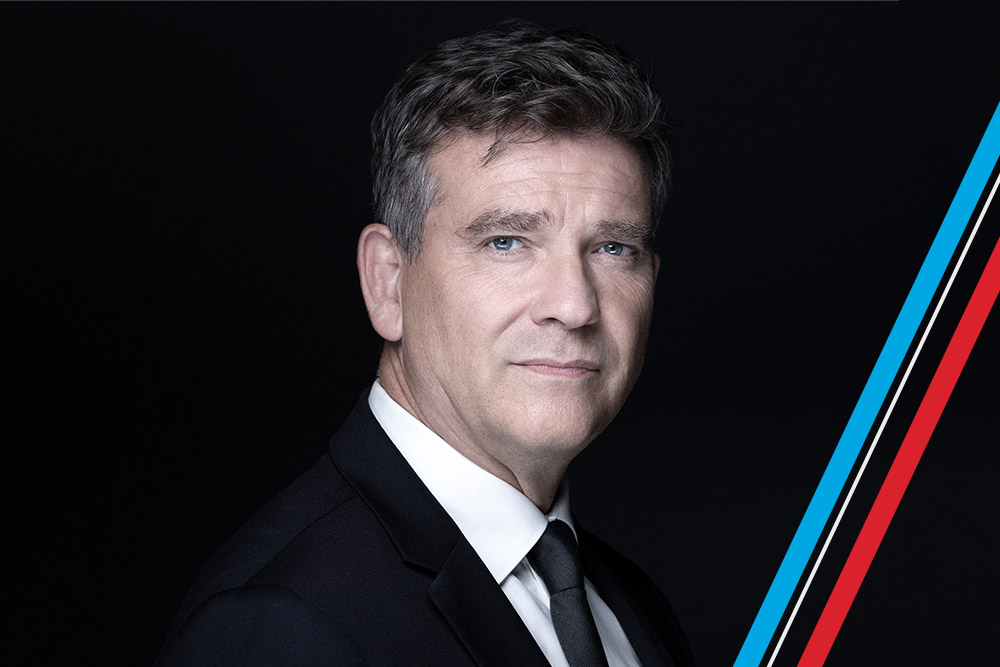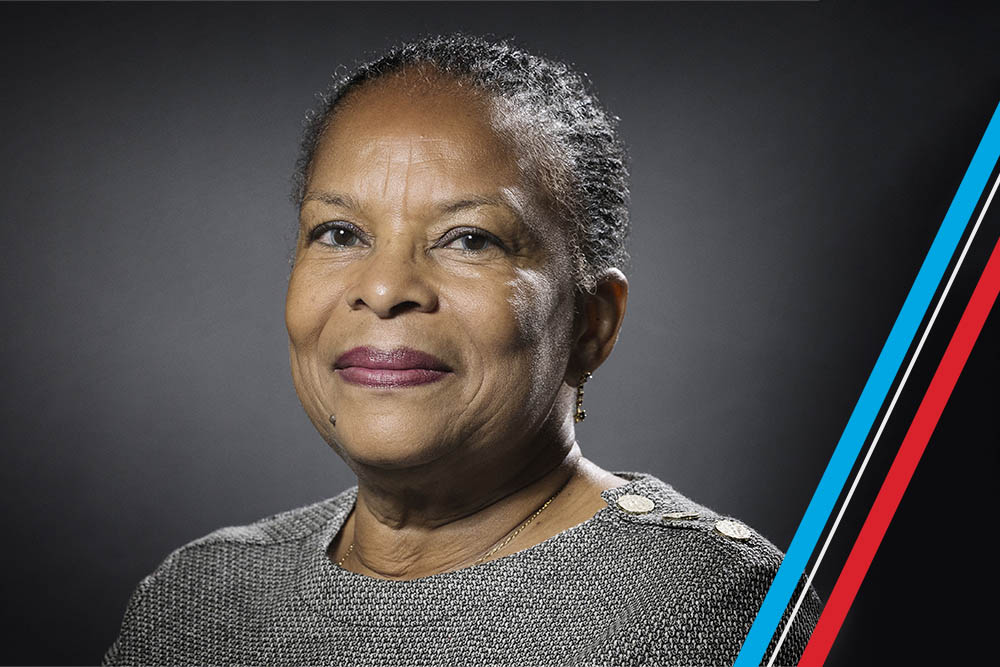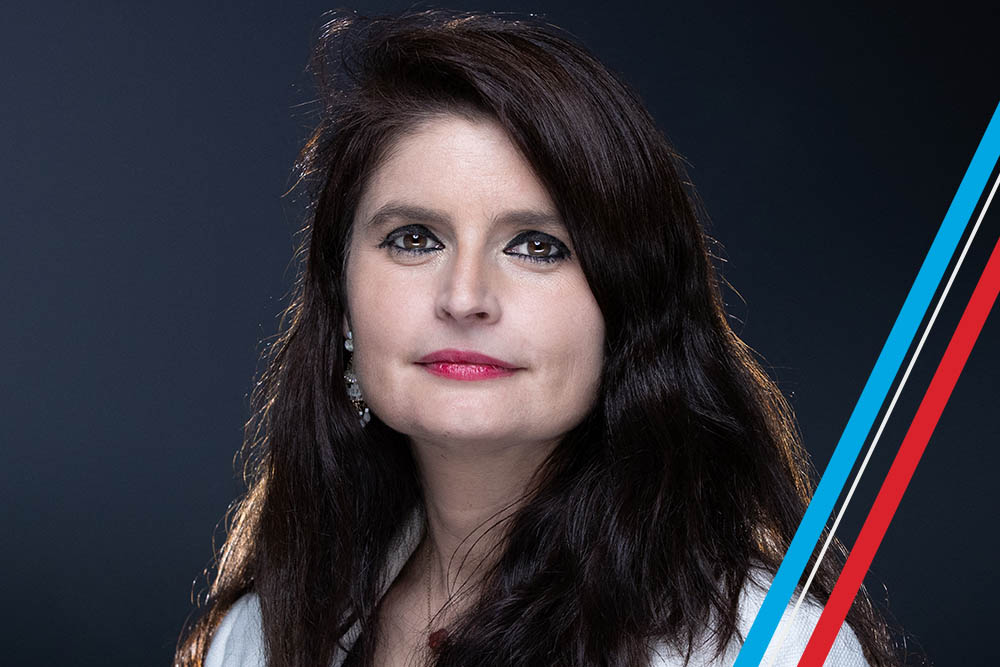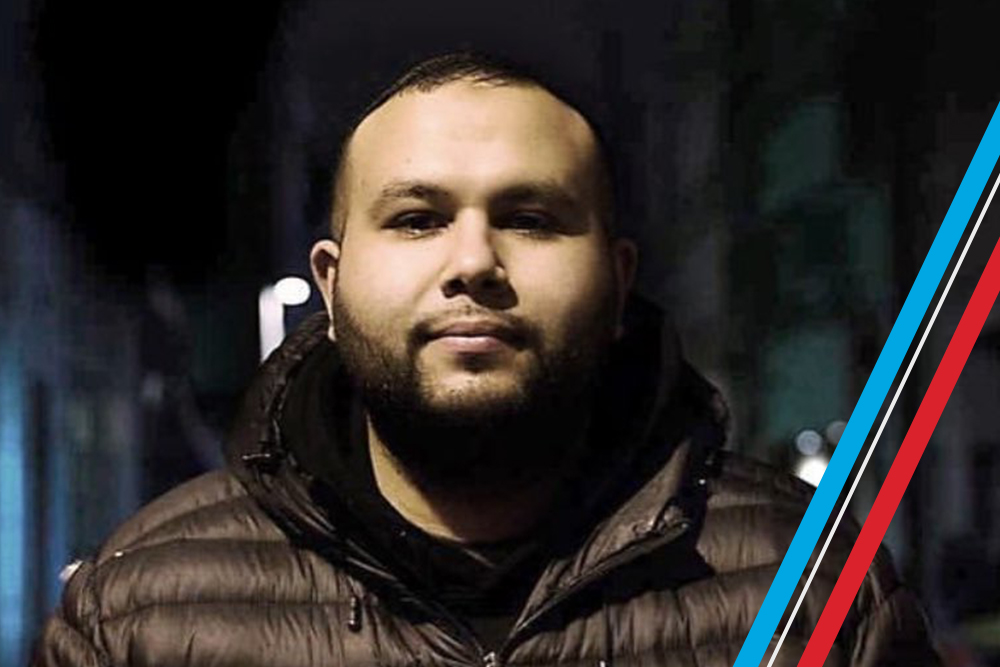Issued on: 31/03/2022
After months of more or less suspense, 12 candidates have made it onto the official ballot for the April 10 first round of France's presidential election. Alas, the race ended before it truly began for dozens of others who fell short in their quest to secure the 500 signatures legally required to stand for France's top job.
Seven of the official candidates vying for the presidency in 2022, including incumbent Emmanuel Macron, were on the ballot in 2017. They span the political spectrum, with half representing extremes to the left and right of France's mainstream. A third are women vying to become the nation's first présidente.
After the second round decides it all on April 24, just one of these candidates will be the last man – or woman – standing, poised to begin a five-year term as France's head of state. FRANCE 24 takes a closer look at the options in the race for the Élysée Palace.
The 12 official candidates:
-
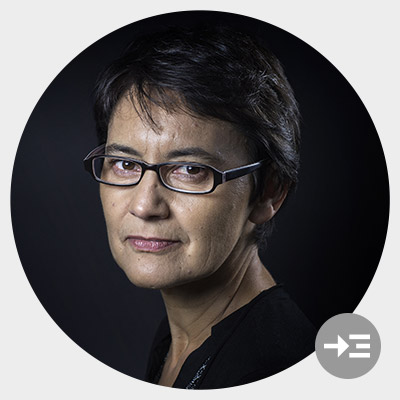 Nathalie Arthaud
Nathalie ArthaudLutte ouvrière
-
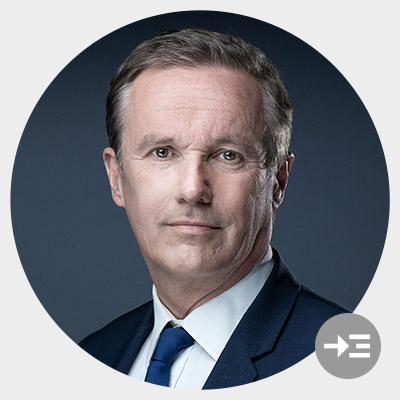 Nicolas Dupont-Aignan
Nicolas Dupont-AignanDebout la France
-
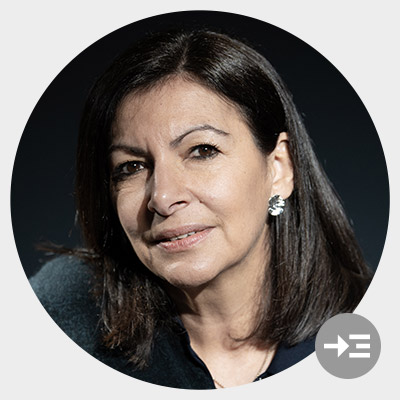 Anne Hidalgo
Anne HidalgoParti socialiste
-
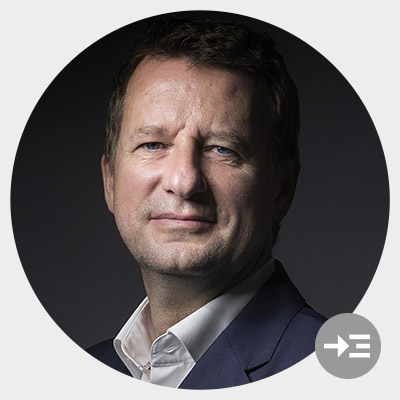 Yannick Jadot
Yannick JadotEurope Écologie-Les Verts
-
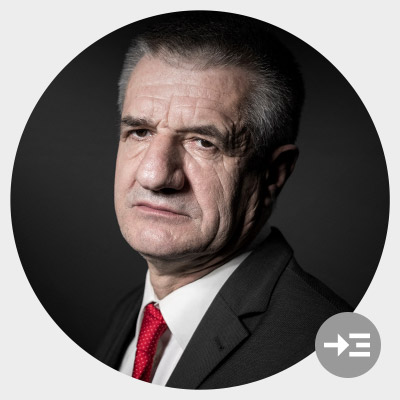 Jean Lassalle
Jean LassalleRésistons
-
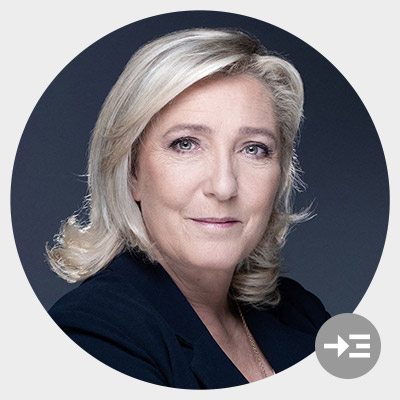 Marine Le Pen
Marine Le PenRassemblement national
-
 Emmanuel Macron
Emmanuel MacronLa République en marche
-
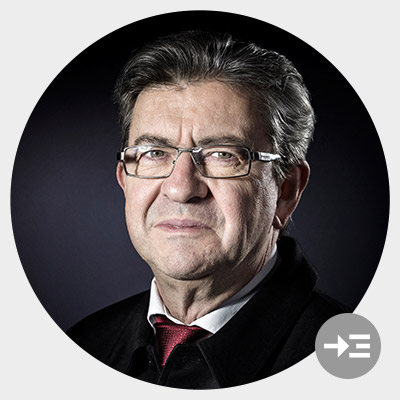 Jean-Luc Mélenchon
Jean-Luc MélenchonLa France insoumise
-
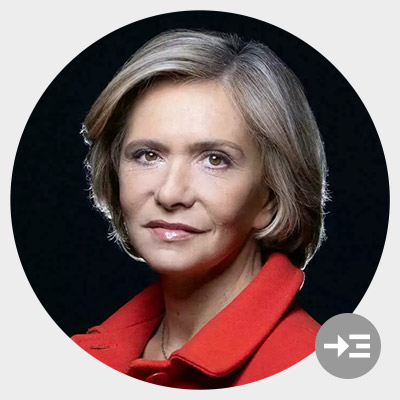 Valérie Pécresse
Valérie PécresseLes Républicains
-
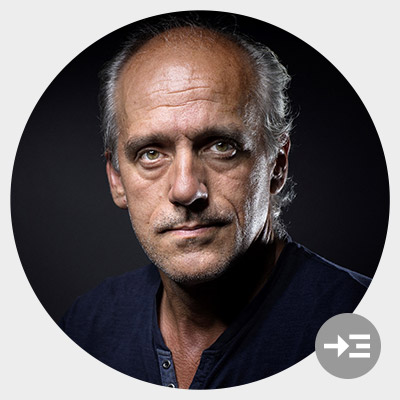 Philippe Poutou
Philippe PoutouNouveau Parti anticapitaliste
-
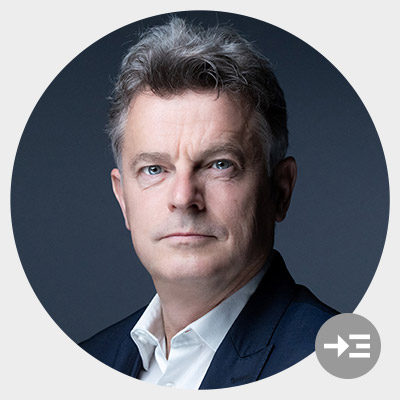 Fabien Roussel
Fabien RousselParti communiste français
-
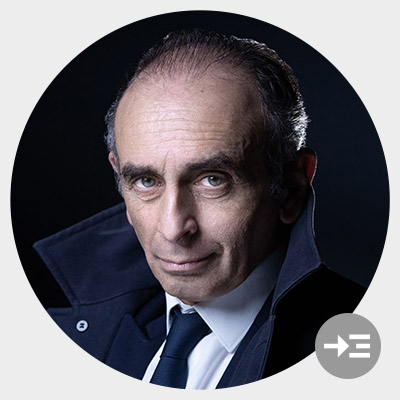 Éric Zemmour
Éric ZemmourReconquête

French presidential election coverage on France 24
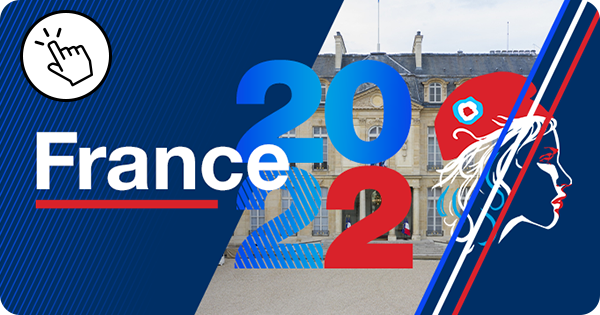
Photos : Joël Saget (AFP)
Editor: Khatya Chhor, Assiya Hamza
Copy editor: Christine Buckley, William Prendiville
Editor in chief: Stéphane Bernstein
Graphics: Creative Department - France Médias Monde
Managing Editors: Amaury Guibert, Loïck Berrou
January 2022 © All rights reserved











